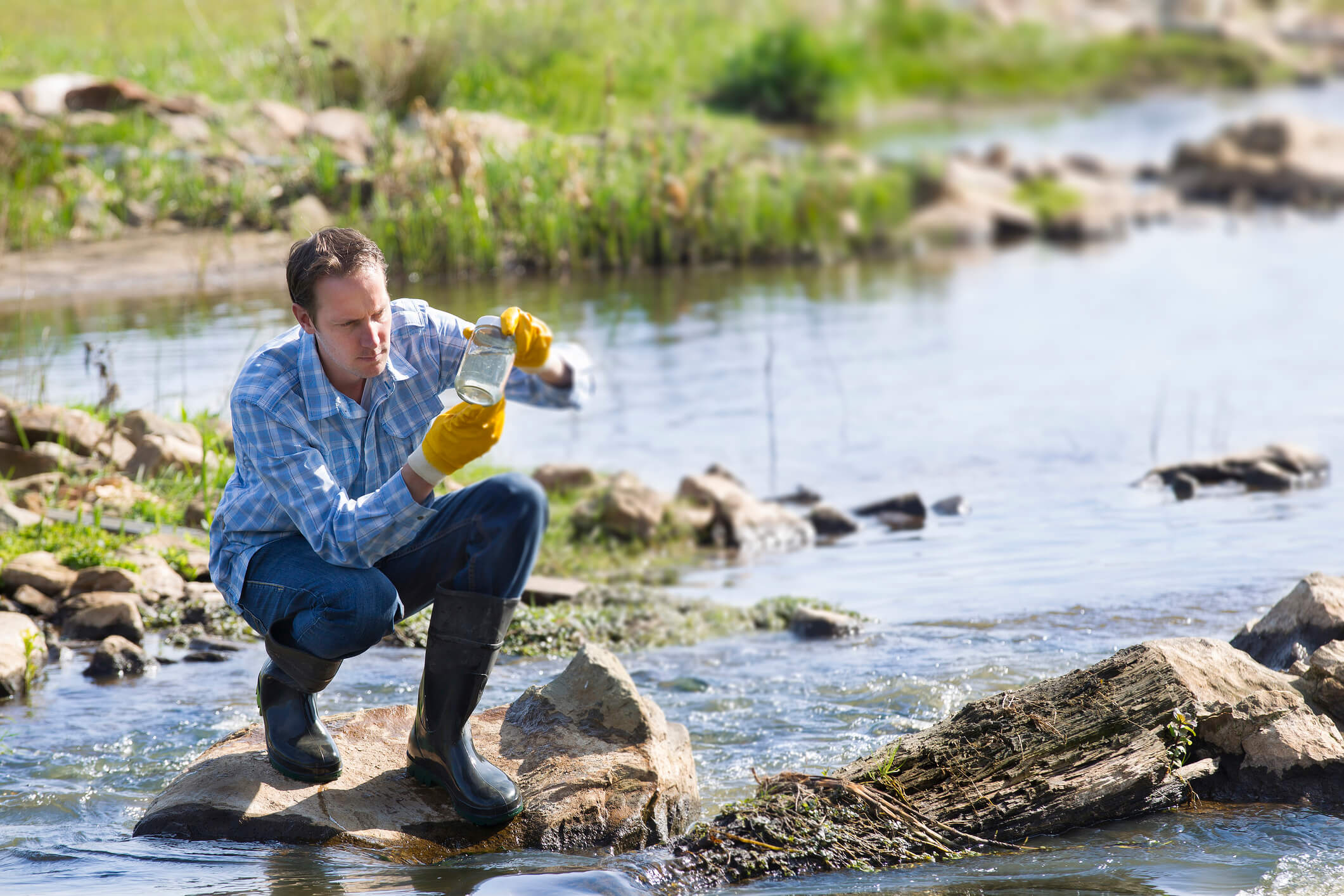Mathematical models in ecology
Overall Course Objectives
The course is an introduction to mathematical modelling of biological systems. It will enable the student to evaluate, develop and apply simple dynamical population models. The course will introduce the necessary mathematical background and programming techniques.
Learning Objectives
- Present and discuss a mathematical model for an audience of peers.
- Develop, discuss, and solve numerically differential and difference equation models occurring in mathematical biology.
- Use general arguments to assess the fertility, mortality, and migration in real populations, and their importance in models.
- Assess characteristic levels and time scales in population dynamic models.
- Argue for choice of parameter values in a model applied in a specific biological context.
- Determine the stability of steady states and identify bifurcations.
- Determine which model structure is appropriate to answer a given question related to, e.g., resource management or risk assessment.
- Utilize population models to answer such questions.
- Visualize the dynamics of biological systems using modelling toolboxes.
- Apply good programming practices for models of biological systems.
- Discuss simple mathematical models for sustainable use of marine resources and ocean conservation, in support for UN sustainable development goal 14 (life below water) and goal 15 (life on land).
Course Content
The course is an introduction to mathematical modelling of population dynamics of living organisms, from bacteria to whales. Focus is on conceptual models based on differential and difference equations that illustrate basic concepts in population modelling. An important goal is to develop the ability to connect a biological context to an abstract mathematical model, i.e., to develop an understanding of the biological assumptions underlying the model and the ecological consequences of its results. The main topics are single-species population models (logistic growth), multi-species models (competition and predator-prey relations), functional responses, exploitation of living systems, seasonal succession, epidemiological models, and spatial population dynamics. Further basic concepts from evolutionary dynamics are introduced. Half of the sessions are used to train basic model programming based on examples of biological systems. Some emphasis is on the development and evaluation of the presentation skills of the students. In the last part of the course, the students develop their own projects, which are evaluated in a poster session.
Teaching Method
Short lectures and longer numerical (computer) exercises. The results of the exercises are presented by the students and discussed in plenum.




